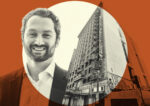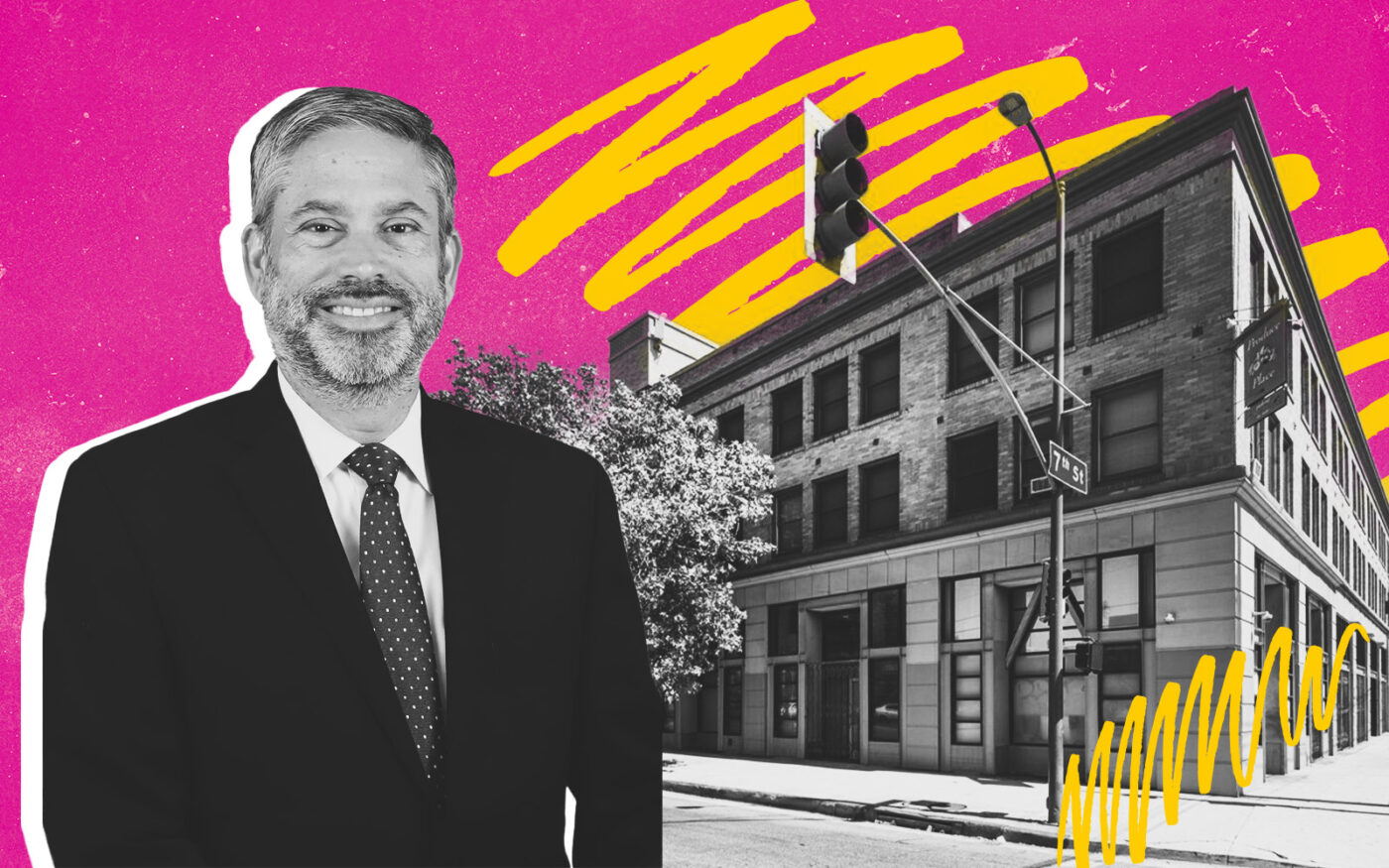 LA’s infamous Cecil Hotel goes up for sale
LA’s infamous Cecil Hotel goes up for sale
Trending
LA wants to demolish SRO hotel rooms for the homeless
Former flophouses struggle as housing subsidies have fallen below operation costs

Two decades ago, the City of Los Angeles passed a law to preserve Skid Row’s historic single-room occupancy hotels. Now it wants to tear them down.
The office of Mayor Karen Bass, nonprofit landlords and some service providers want to demolish or gut as many as 7,000 SRO units in favor of new buildings with private bathrooms for every tenant, the Los Angeles Times reported.
Livability and financial troubles have thrown the century-old SROs, which have small rooms and shared bathrooms, into disarray.
Housing and health code inspectors have found clogged toilets, cockroaches, filthy hallways and broken windows in dozens of SRO properties around Skid Row.
“Ideally, they need to be replaced,” Carlos VanNatter, an executive with the Housing Authority of the City of Los Angeles, told the Times. “These are old, turn-of-the-century buildings. They used to be flophouses. It’s not an ideal living situation for a chronically homeless person to be in.”
What’s viewed as less-than-ideal now was once the standard for down-and-out Angelenos.
Skid Row emerged in the late 1800s east of Downtown at the end of the cross-country railroads, according to the Times.
Railroad workers, farmworkers and men headed West found shelter in as many as 15,000 SRO rooms, rented by the hour, day or week. The 50-block Skid Row, made famous by writers Charles Bukowski and John Fante, teemed with bars, brothels, religious missions and warehouses.
By the 1970s, half the SROs had been demolished and the neighborhood seemed destined to disappear, according to a Skid Row history by UCLA’s Department of Social Welfare. Then the city changed course.
In what became known as a “containment policy,” city leaders took steps to preserve the SROs and keep poor, drug-addicted and mentally ill residents inside Skid Row.
By the mid-2000s, the city doubled down on preservation, passing a new law to maintain as permanent housing SROs and other cheap hotels that had turned into full-time homes, according to the Times. A legal settlement added more protections for buildings in Skid Row, requiring replacement of SROs torn down or converted.
Now housing subsidies have fallen far below the costs of SRO operations, according to the Times.
Changes in leasing that prioritize housing residents with severe mental health and drug addiction challenges have overwhelmed providers. And aging plumbing, heating, electrical and elevator systems have failed.
At the same time, SRO vacancies have soared, despite the tens of thousands of people living on the street.
Skid Row Housing Trust, a nonprofit founded in 1989 to preserve SROs, financially collapsed and fell into receivership. Of the 13 SROs owned by the trust, 10 are targeted for demolition or conversion into studio or efficiency apartments. Plans for the remaining three aren’t clear. Rebuilding the trust’s portfolio could cost nearly $500 million.
SRO Housing, founded in 1984, also faces financial headwinds. In 2019, 10 of its 15 SROs were operating at a loss, while rent collection slowed during the pandemic, as property insurance costs soared. Building conditions have deteriorated, with redevelopment costs estimated at another $500 million.
The AIDS Healthcare Foundation has spent nearly $200 million on 16 properties in and around Skid Row and poured an additional $30 million into renovations and repairs. But a Times investigation last year found deplorable conditions in the buildings, while the foundation said it had lost more than $15 million over six years on operations.
The 4,500 affordable apartments built with funds from Proposition HHH, the $1.2 billion bond measure approved by Los Angeles voters in 2016 for homeless housing projects cost an average of $600,000 each, according to the City Controller.
Given that figure, it would cost $4.2 billion to replace 7,000 demolished SRO’s under plans proffered by Bass. Fixing the current units would cost far less, advocates say.
Ever since SROs were built, powerful city interests have tried to eliminate them — saying they were dens of vice, or taking up land too valuable to be used for the poor, said Pete White, executive director of the Los Angeles Community Action Network, a Skid Row-based nonprofit.
“You’ve seen this conversation before,” White told the Times. “The solution can’t always be we’re going to knock it down and start over again. Because we don’t have the luxury to just knock it down and start over again.”
— Dana Bartholomew
Read more
 LA’s infamous Cecil Hotel goes up for sale
LA’s infamous Cecil Hotel goes up for sale
 LA could spend $70M to redevelop Skid Row Housing Trust properties
LA could spend $70M to redevelop Skid Row Housing Trust properties
 Homeless program costs $600k per unit: LA Controller
Homeless program costs $600k per unit: LA Controller




